Gender
Impact of body image stigma on slender women

The idea of what a perfect physique is, fuelled by social media and societal pressure has distorted individual’s perspectives.
Body image stigma is one of the most debilitating issues that has led a lot of people into distorted views of reality, unhealthy behaviours, and self-doubt. Most people, particularly individuals with slender physique, are judged by their looks, making them feel inferior and not good enough.
The focus on physical appearance often makes them miss out on what really matters. Being slender offers a lot of opportunities beyond the physical appearance. However, most people do not realise this. They seek for other alternatives for external validation.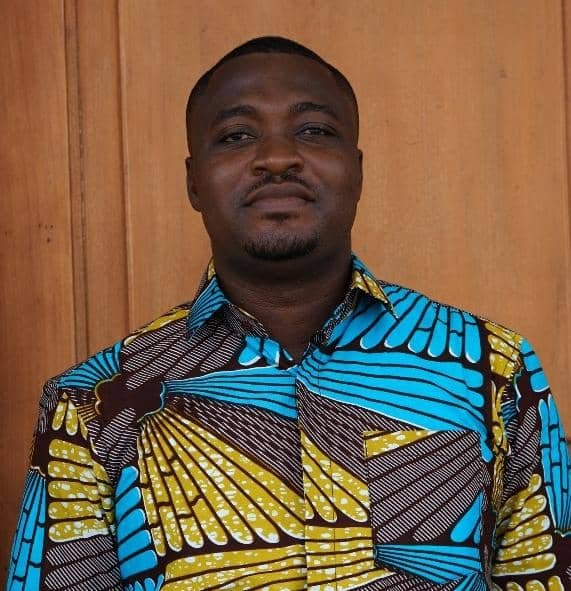
A slender physique is often associated to lean or slim physiques. Some people may view individuals with this figure as weak or fragile, lacking in energy or being skinny.
In a conversation with Miss Gifty Djarnie, a Level 200 student at the University of Media, Arts and Communication – Institute of Journalism (UniMAC-IJ), she shared her thoughts on being slender and how it has impacted her life.
According to her, being skinny or slim is normal and an identity.
“I used to be mocked because of my figure and size,” she revealed. “But as time went on, I acknowledged the fact that I am skinny, and now I am used to it. The stereotypes sort of gave me some confidence that hey, you are unique.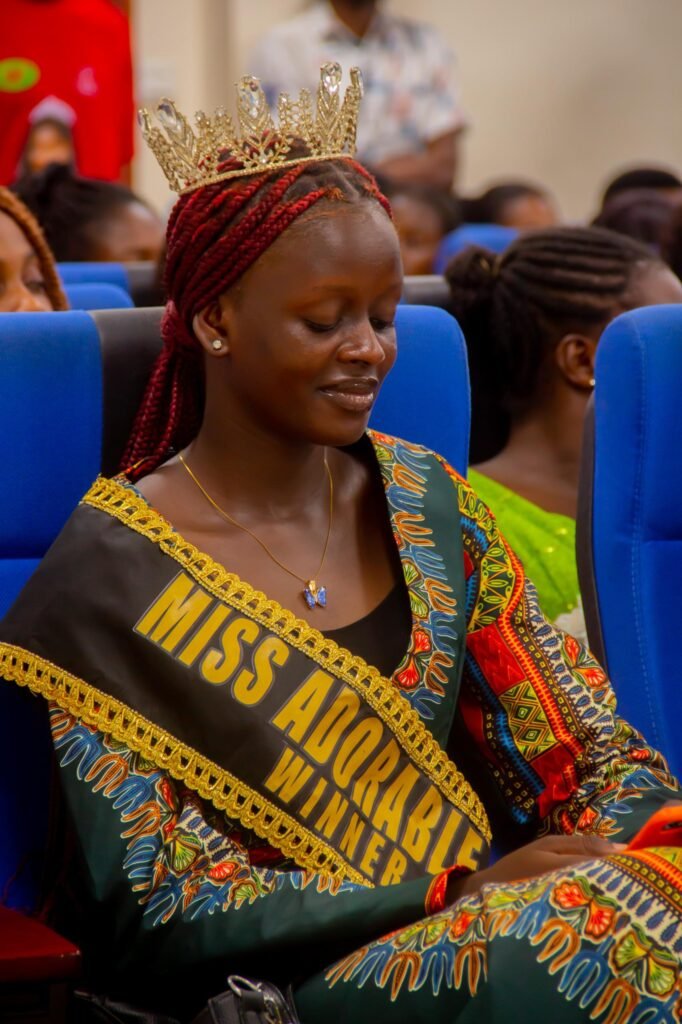
This is your identity and nothing can change your physique even if as time goes on, you increase in weight. It will still be in my records that I used to be skinny. So that’s an identity. One must embrace it wholeheartedly. There’s absolutely nothing wrong with it.”
Gifty has acknowledged that being slender is part of her identity so she has learned to accept and embrace it. She also acknowledged that societal stereotypes can have profound impact on one’s self-perception but ultimately, it’s up to the individual to define their own identity.
Miss Patience Bumbom, a professional model and beauty queen, who tells me about the opportunities of having such figure, talks about how they are highly paid compared to plus-sized ladies, and how she gets endorsement deals from clothing brands like Damson Vogue, to advertise their products.
She encouraged slender ladies to know their worth and embrace their body shape. She recounted how her colleagues used to call her “Alangadwoa, and Sugarcane”, making her feel bad.
Such derogatory names, she disclosed compels individuals with this physique to resort to the use of body enhancement pills to artificially put on a bit more flesh to appear more attractive.
That is not to suggest that having more flesh necessarily makes one attractive. Attraction would not come by just putting on weight but more about how one presents him or herself.
Sadly, that societal pressure has increased the demand for the body enhancing products, especially in the capital, Accra.
This was confirmed by Auntie Esi, a vendor of these products. In an interaction with her, she stated that body enhancement pills, silicon butts lifters and hip pads were in very high demand by the young ladies.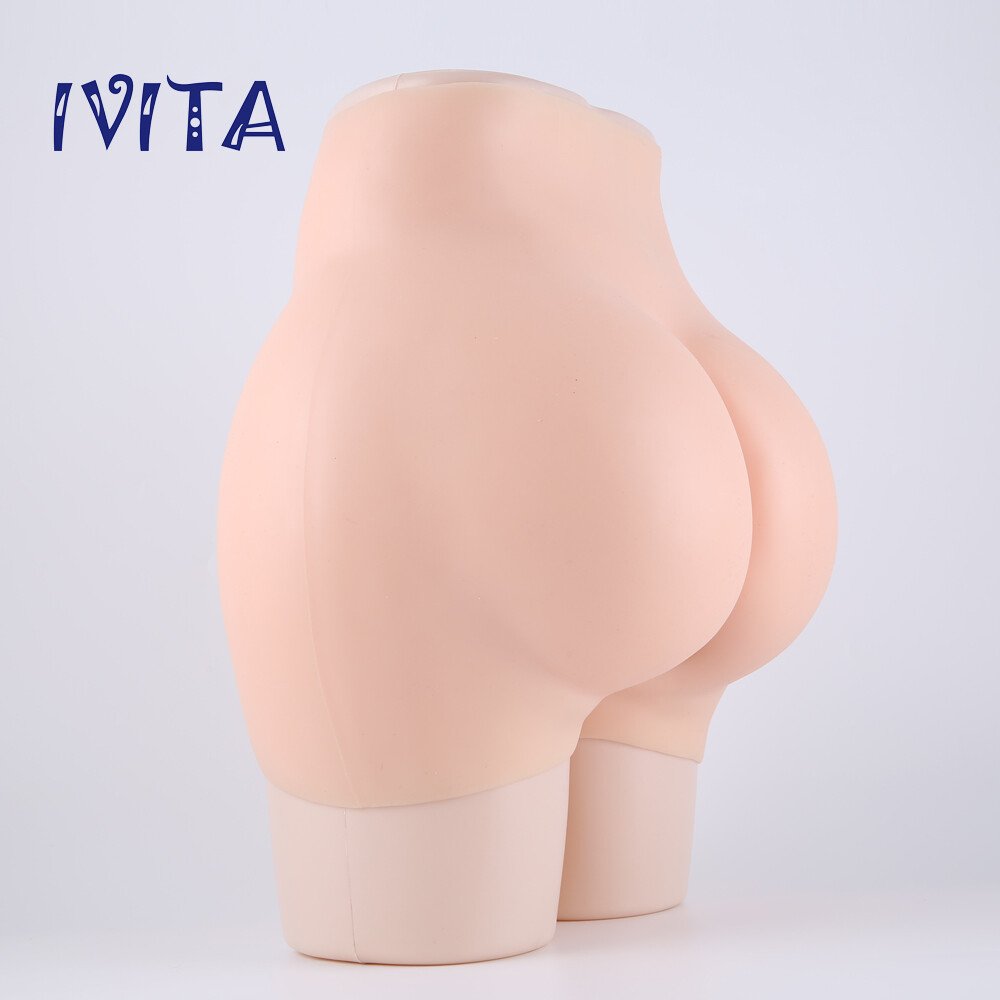
“They purchase these products to boost their body parts to look attractive.”
These drugs, she explained come in various forms such as liquid, pomade and powder.
“They also come with various side effects,” she revealed. “For some, it makes them feel sleepy; others would feel like responding to nature’s call. Despite all of these, they have absolute faith in their ability to transform the physiques.”
Aunty Esi also revealed that some ladies prefer to purchase the silicon butt and hip pads rather than go under the knife for a Brazilian Butt Lift (BBL) surgery due to its risks. “This has been my source of income for many years and I’m not going to stop. If I stop, how would I feed my children?” she queried.
Mr Godfred Arko Osei, a counsellor at UniMAC-IJ, shared his perspectives on the challenges faced by slender ladies and strongly advised against the use of enhancement products.
“It is all about your mindset,” he emphasized. “If you are able to cultivate a positive mindset about yourself and your appearance, it will boost your self-esteem, and other opinions won’t affect you at all. However, if you already have a negative perception about your looks, you’re already affected before anybody uses that against you. I wouldn’t encourage it because you don’t need artificial means to look good; it’s not a reflection of your true self.”
Without a doctor’s prescription, these drugs when taken, can be detrimental to the health of users. Is it worth it at the end especially when they lose their lives? What measures is the Food and Drugs Authority (FDA) taking to keep these products off the market?
Stricter regulations and public education are crucial to curb the dangers of these unprescribed drugs. FDA can work with the law enforcement agencies to enact strict measures to arrest persons who sell these products to serve as deterrent to others.
Hospitals can also collaborate with institutions such as universities to educate on the importance of self-esteem and the adverse effect of such unprescribed drugs, ultimately safeguarding public health.
*The Author (jbanfro56@gmail. com) is a Level 300 Student Journalist at UniMAC-IJ
By Banfro Josephine
Gender
Galamsey threatening spike in breast cancer cases — Breast Society warns
THE Breast Society of Ghana has sounded the alarm on a looming surge in the incidence of breast cancer in Ghana as the menace of illegal mining (galamsey) continues to ravage many communities across the country.
It indicated that an average of 5,000 women were diagnosed with the disease every year out of which 2,500 died, but the situation could deteriorate if the galamsey onslaught did not cease immediately.
Prof. Martin Morna, an Associate Professor with the School of Medical Sciences (SMS) of the University of Cape Coast (UCC) and member of the Society, warned that mercury, lead, arsenic and other chemicals introduced into water bodies and the soil were carcinogenic and could increase the susceptibility of women to breast cancer.
The Society issued the warning when it held a grand durbar on breast cancer awareness in Cape Coast, sensitising mostly second cycle students to the fatal disease and mounting a strong advocacy against stigmatisation.
The durbar highlighted the devastating dangers of the breast disease and called for love and support for victims, instead of stigma and ostracisation.
The mammoth gathering was held under the Society’s Empowerment Project as part of its 13th Oguaa Breast Cancer Campaign on the theme: “Breast cancer: Stop the stigma and be supportive.”
Prof. Morna underscored the dangers of the disease noting that cancer cells could invade other organs and parts of the body including the bone, brain and liver and cause them to fail.
He said the disease could happen to anybody but factors such as age, gender, race, family history, smoking, null parity, contraception, and delaying first birth until 30 years increased the risk of getting it.
He said early signs of the disease included bloody or blackish discharge from the breast, adding that the early signs were usually not painful or bothersome.
“Anyone who goes beyond 40 years should quickly see the doctor if they find a lump in their breast,” he said.
“It is good to do screening regularly; do it once every two years if you are at average risk, and once every year if you are at high risk,” he added.
Prof. Akwasi Anyanful, Former Vice President of the Society and Associate Professor with UCC SMS, painted a global picture of the breast cancer disease, noting that 2.3 million cases were recorded in 2022 alone out of which 665,000 succumbed.
He observed with worry that the incidence of breast cancer was higher among Caucasians, but mortality was higher among blacks.
He also observed that breast cancer could also affect men, adding that men died faster when affected.
Mrs Georgina Kumah-Dzagah, a survivor of breast cancer, shared her experience with the disease and how she suffered stigma at the hands of friends and family.
She said she had gone through all the stages of the disease including lumpectomy, mastectomy, radiotherapy, hormonal therapy, and chemotherapy even though she detected the disease at the early stage.
“The deepest wound doesn’t come from the cancer but how people respond to it. I was 31 years when I was diagnosed, and my world changed in an instance.
“I didn’t just lose my breast, I lost friends. Social gatherings became more painful because people looked at my chest instead of my face,” she recounted.
She emphasised that breast cancer was real but not contagious, urging people to be more supportive to patients.
—GNA
Join our WhatsApp Channel now!
https://whatsapp.com/channel/0029VbBElzjInlqHhl1aTU27
Gender
Awareness: First weapon against breast cancer
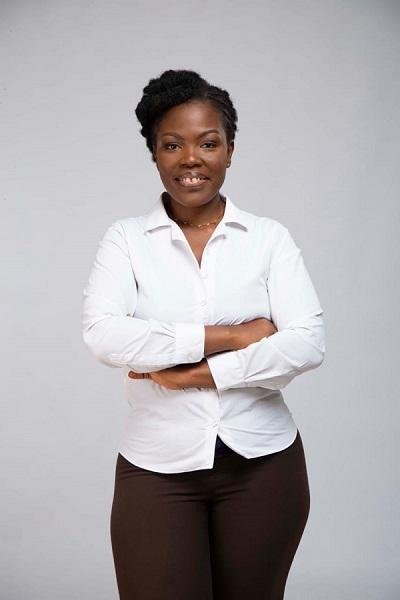
October is globally observed as Breast Cancer Awareness Month -a period dedicated to raising awareness, honouring millions of lives touched by the disease, and reaffirming the worldwide commitment to equitable access to care and improved survival for all.
This annual observance, marked in countries across the globe, serves as a rallying point to increase attention and support for early diagnosis, treatment, and survivorship. The 2025 theme, “Every story is unique, every journey matters,” places a spotlight on the deeply personal experiences of breast cancer survivors and patients. It underscores the diversity of their struggles while reinforcing the urgent need for compassionate, timely, and quality care regardless of geography, income, or background.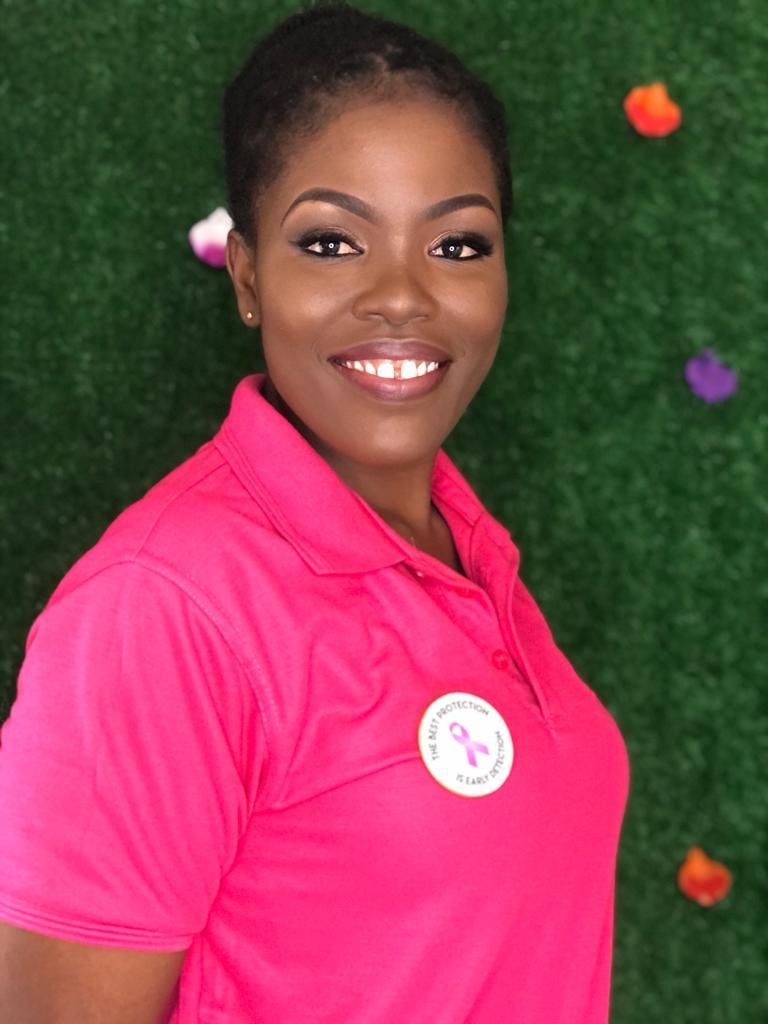
Behind every diagnosis lies not only a medical condition but also a story-one filled with courage, resilience, and hope. These stories extend beyond individuals, shaping the experiences of their families, friends, and entire communities.
Breast cancer continues to be the most diagnosed cancer among women worldwide. According to the World Health Organisation (WHO), approximately 2.3 million women were diagnosed in 2022, and about 670,000 died from the disease.
“These are not just numbers but mothers, sisters, daughters, and friends who deserve hope and dignity,” the WHO emphasises.
Survival rates, however, differ starkly across regions. While the five-year survival rate exceeds 90 per cent in high-income countries, it drops to 66 per cent in India and 40 per cent in South Africa. The reasons are clear: unequal access to early detection, timely diagnosis, and effective treatment.
If current trends remain unchecked, both incidence and mortality are projected to rise by 40 per cent by 2050. To address this, the WHO established the Global Breast Cancer Initiative in 2021, working with partners to strengthen health systems and reduce preventable deaths worldwide.
The situation in Ghana
In Ghana, breast cancer poses a particularly pressing public health concern. It is the most common cancer among women, accounting for about 15 per cent of all malignancies.
Studies reveal a troubling trend: almost 70 per cent of women are diagnosed at advanced stages, where treatment options are limited and survival rates much lower. In 2012, nearly half of Ghanaian women diagnosed with breast cancer lost their lives to the disease.
These statistics point to late presentation, cultural stigma, and limited access to screening facilities as some of the key factors fuelling high mortality.
Experts warn that unless more women come forward for early screening and timely treatment, these figures may remain stubbornly high.
Executive Secretary of the Breast Cancer Society of Ghana (BCSG), Mrs Georgina Kumah-Dzagah, said the numbers are not just statistics, they represent lived experiences. A survivor herself, she knows first-hand the difference early detection and treatment can make.
“My journey could have ended differently if I had ignored the early signs,” she reflected. “That is why the theme ‘Catch it early, treat it right, survive it’ is not just a slogan to me. It is a lifeline that can save countless women.”
Mrs Kumah-Dzagah believes awareness is the first weapon in the fight. She stresses that women must be proactive, know their bodies, and act quickly when something feels unusual.
“A lump, nipple discharge, or changes in the skin should never be ignored or treated with fear and silence,” she explained. “Hospitals and screening centres are there to help us, not to harm us. Early detection gives the best chance for a cure.”
The Executive Secretary also raised concern about the role of misinformation and reliance on untested remedies saying, too often, delays and misplaced trust in alternative cures cost lives.
“Treating it right means trusting science and trained professionals,” she stressed. “Modern treatment -whether surgery, chemotherapy, radiotherapy, or hormone therapy -may be tough, but it saves lives. I went through these treatments myself, and though the journey was not easy, I am living proof that treatment works when given at the right time.”
Her message resonates strongly in a society where cultural beliefs sometimes discourage women from seeking hospital care, and myths about breast cancer fuel stigma.
For Mrs Kumah-Dzagah, survival is not simply about conquering the disease. It is also about reclaiming life, hope, and purpose.
“Breast cancer is not a death sentence,” she affirmed. “Survivorship comes with challenges, but it also brings strength. Today, I speak not just for myself but for every woman still in the fight.”
A call for collective action
Mrs Kumah-Dzagah believes that breaking the silence and stigma around breast health is critical. She called on women, families, and communities to support open conversations and proactive health checks.
She said “let us be bold to check, quick to act, and committed to supporting each other. If we catch it early and treat it right, we will surely survive it.”
She said, BCSG continues to lead nationwide campaigns to create awareness, encourage screening, and support patients and survivors.
Through advocacy and education, the organisation, she said reminds women that vigilance, timely treatment, and community support can turn the tide against breast cancer.
By Esinam Jemima Kuatsinu
Join our WhatsApp Channel now!
https://whatsapp.com/channel/0029VbBElzjInlqHhl1aTU27






